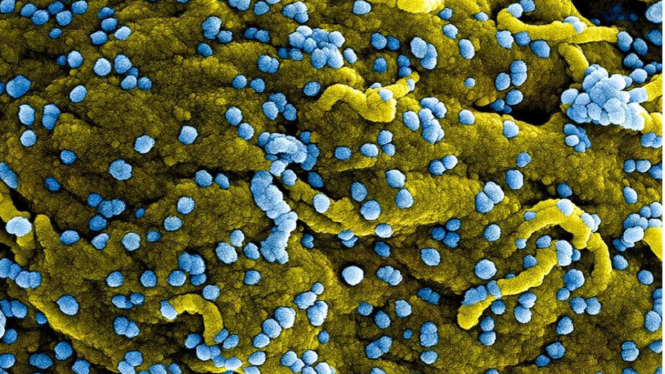Marburg Virus Starts to Spread Widely, WHO Gives Alert
- WHO
VIVA – The World Health Organization (WHO) received reports of Marburg disease cases originating from Equatorial Guinea on Monday. It is known that there are 9 deaths and 16 suspected cases reported in Kie Ntem Province. Of the 8 samples examined, 1 sample tested positive for the Marburg virus. The outbreak in Equatorial Guinea is estimated to have started on February 7, 2023.
Marburg Virus is one of the deadliest viruses with a fatality rate of 88%. This is a rare hemorrhagic fever disease, symptoms include fever, fatigue, diarrhea, and bleeding from multiple organs.
It is part of the family of filoviruses, which also includes the Ebola virus. The virus was first identified in 1967 when it caused a large outbreak in Marburg, Germany, among laboratory workers who were exposed to infected African green monkeys.
WHO karantina para korban virus Marburg
- WHO
The Marburg virus is transmitted to humans through contact with the bodily fluids of infected animals, such as monkeys, or direct contact with the blood or bodily fluids of infected humans.
According to the Spokesperson of the Indonesian Ministry of Health, dr. Mohammad Syahril reminded the public and the government to remain cautious of this virus.
"We need to continue to take anticipate the Marburg virus disease," he said in a written statement on Tuesday.
Until today, there are no cases or suspects of Marburg disease have been reported in Indonesia, but the government has asked the public to be vigilant. In addition, the Indonesian Government has issued a Circular Letter on Vigilance Against Marburg Virus Disease.
Local governments, health care facilities, Port Health Offices, health human resources, and related stakeholders to be aware of the Marburg virus.
There is no vaccine available in the world, the vaccine is still under development. Currently, there are 2 vaccines entering phase one clinical trials, namely the Sabin strain vaccine and the Janssen vaccine, "There is no specific drug yet, treatment is symptomatic and supportive, namely treating complications and maintaining fluid and electrolyte balance," said dr. Syahril.





















